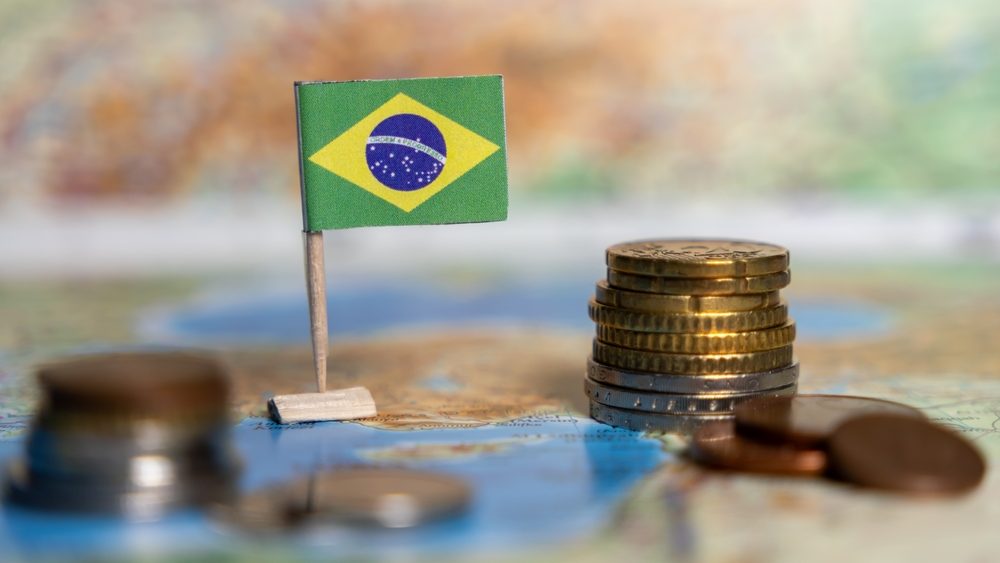
Brazil’s Ministry of Finance has officially announced the introduction of a new Provisional Measure that increases the tax rate on gross gaming revenue (GGR) from online betting from 12% to 18% — a 50% hike.
This decision is part of broader efforts to identify alternative sources of revenue to strengthen the economy, following the government’s decision to shelve a previously proposed increase in the Financial Transactions Tax (IOF) due to concerns about its potential impact on investor confidence.
Provisional Measure No. 1303/2025, published in the Official Gazette, amends Law No. 13,756/2018. Under the new rules, 82% of the proceeds will be allocated to cover the operational and maintenance expenses of fixed-odds betting and lottery operators. This results in a new effective tax burden of 18%.
The measure took effect on June 11 and will remain in force for 60 days, with the possibility of a further 60-day extension. After this period, the proposal will be submitted to the National Congress. If approved, it will be enacted as law.
The committee’s report will then be submitted for a vote, and if passed without amendments, the measure will be converted into law.
As operators prepare to face increased financial pressure, some members of Brazil’s government have hinted that this may be only the beginning of broader regulatory changes.
Speaking at the opening of the National Supply Chain Forum, Brazil’s Vice President and Minister of Development, Geraldo Alckmin, suggested that the tax rate on gross gaming revenue (GGR) could be raised even further.
“I like your proposal. Not just the 18% that the government is proposing, but 27%. This will help prevent many families and society as a whole from being harmed.
“The Government’s proposal is to raise it to 18%, but we can work with Congress to go even further.”
IBJR Considers Legal Action
Following the announcement of the tax changes, the Brazilian Institute for Responsible Gaming (IBJR) issued a strongly worded statement expressing “strong indignation” via its official social media channels.
“The measure is unacceptable and makes the operation of many companies — which trusted and invested in the regulated market — unfeasible, creates legal uncertainty, and threatens public revenue,” the statement said.
IBJR highlighted that operators had acquired five-year licenses for R$30 million (around $5.5 million), based on a 12% tax rate. Changing the rules mid-contract, the institute emphasized, “undermines the economic and financial balance, and erodes trust in the regulatory system.”
The statement also warned that increasing the tax burden may lead to the illegal market expanding from the current 50% to at least 60%, which could result in an estimated annual loss of over R$2 billion (approx. $365 million) in public revenue.
“Increasing the tax burden on legal operators is not the path to revenue growth. The focus should be on combating illegal gambling and protecting players through effective regulation,” IBJR stated.
“In light of this violation, IBJR will pursue all avenues to defend the regulated market, including legal action.”